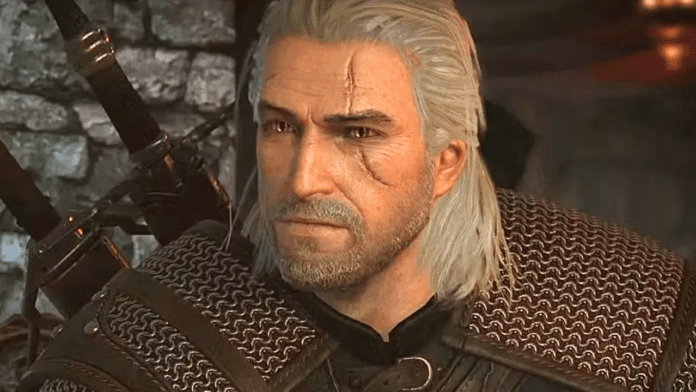7. Geralt Rejecting Emhyr’s Military Aid
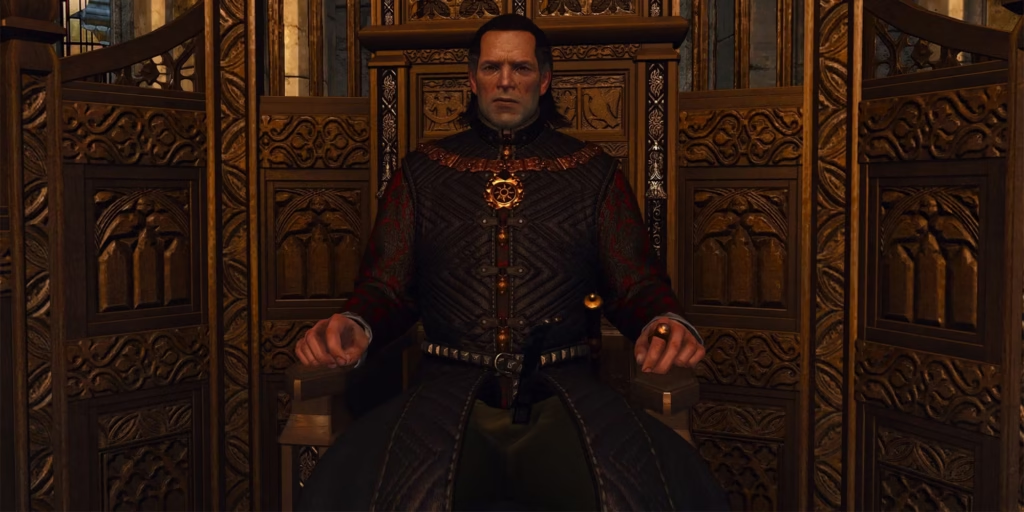
Protecting Ciri is Geralt’s life’s mission, yet when the Emperor of Nilfgaard offers an entire army to help him face the Wild Hunt, Geralt just says no. Why? Pride? Ego? Or is he just worried about Emhyr claiming Ciri afterwards? Regardless, it makes no sense because winning the battle was the first priority.
Maybe it is meant to show independence, but it ends up looking like arrogance. This is one of those Witcher 3 plotholes that feels less like character depth and more like poor tactical thinking. Come on, facing an interdimensional death squad with a handful of friends is basically suicide. Isn’t it? Maybe if Geralt had kept his pride aside, they would have had the upper hand in the fight, and Vesemir would still be alive.
6. Anna Strenger’s Deal with the Crones
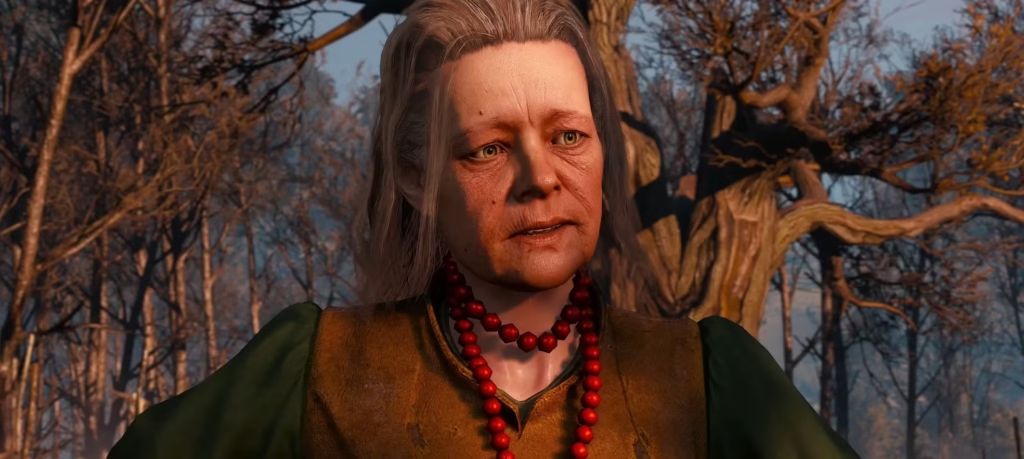
Anna Strenger, the Bloody Baron’s wife, sells herself to ancient swamp witches just to get rid of her unwanted baby. Out of all the things in Witcher 3 that make no sense, this one takes the cake. There are countless ways to abandon a child in this world, yet Anna chooses the only option guaranteed to destroy her soul. Sure, it fits the game’s dark fairytale tone, but the logic is missing in action. It feels like tragedy for the sake of tragedy rather than a believable choice.
5. Anna Henrietta Imprisoning Geralt (especially after Empress Ciri ending)
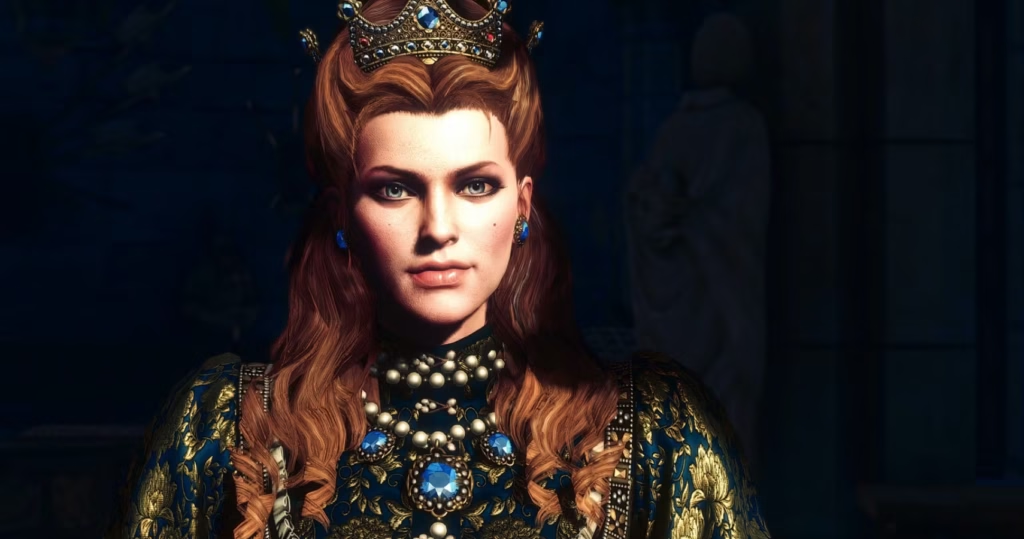
If you finish the game with Ciri as Empress, Toussaint becomes part of her empire as it was already a vassal to Nilfgaard. So why does Anna Henrietta, Duchess of Toussaint, have the audacity to lock up Geralt if Syanna gets killed by Detlaff? She’s technically Ciri’s vassal, and Geralt is the Empress’s father figure. This is one of those glaring Witcher 3 plot inconsistencies that CDPR clearly forgot to account for. Even stranger, Ciri does not intervene. Instead, Dandelion shows up to get Geralt released. You would think why is the most powerful ruler in the world not making a quick call to free him.
4. Dijkstra’s Suicidal Betrayal
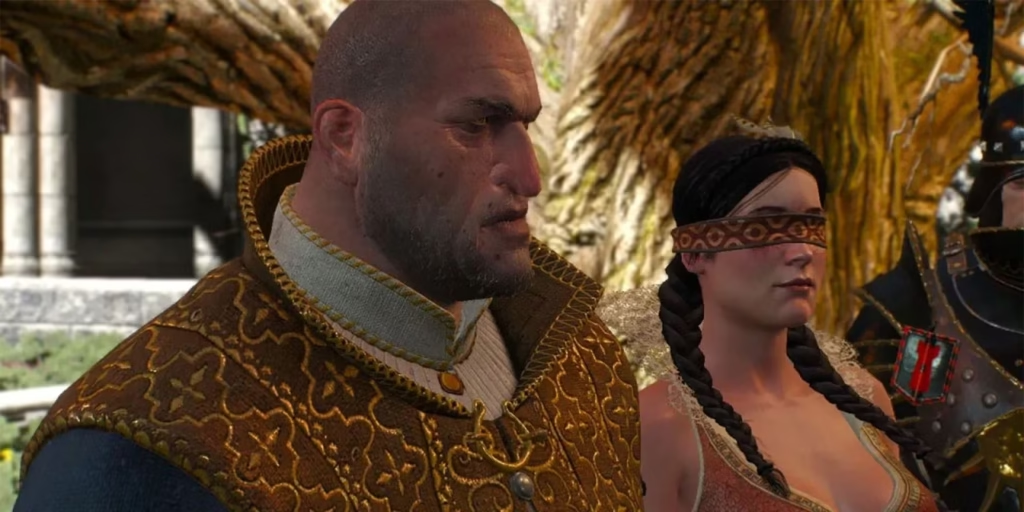
The most intelligent spymaster in the Northern Realms suddenly decides to attack Geralt, Roche, and Ves head-on after the Radovid Assassination quest. Why he does that is understandable- Roche had agreed for Temeria to become a vassal state under Nilfgaard. However, why on earth would he attack Roche in front of Geralt?
Dijkstra is a man known for outsmarting kings, not for suicide missions. Yet in a moment that screams “the writers wanted drama,” Dijkstra throws all logic aside and walks into a fight he cannot win. It is one of those Witcher 3 plotholes that hurts because it betrays an otherwise brilliant character. A political betrayal or blackmail would have fit perfectly, but a sword fight against Geralt? That just makes Dijkstra look like a fool.
3. Geralt Could Have Skipped Novigrad Entirely
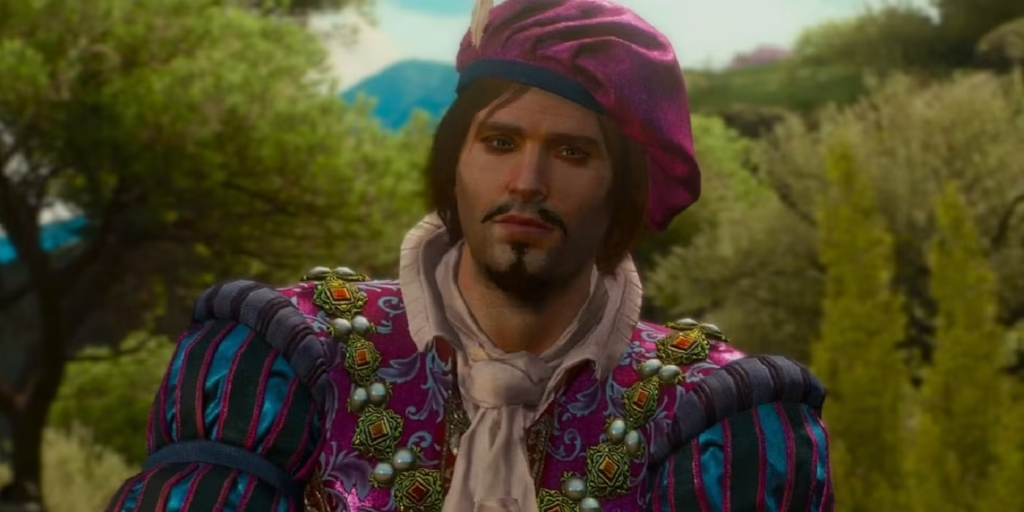
By the time Geralt finishes the Velen arc, he already knows Ciri went to Skellige. He could have just gone to Skellige and figured everything out – Novigrad questline was not entirely necessary and the Wild Hunt had nothing to do with Novigrad either. Yet the game forces him through hours of city politics, mage hunts, and spy work before he can “officially” move on to finding Uma.
The entire “find Wh***son to find Dudu to find Dandelion to find Ciri” chain feels like a side quest pretending to be the main story. The detour adds flavor and fan service, sure, but narratively it is a long and unnecessary delay, considering how important it was for Geralt to find Ciri. Yes, it is important to reestablish the main characters, but there were other ways to do that. The only justification for doing these quests is apparently saving Dandelion’s life and putting an end to Caleb Menge’s tyranny.
2. Dandelion’s Genius Hiding Plan

Dandelion barely escapes execution from the witch hunters and then decides the safest place to hide is… his own tavern in the middle of Novigrad. Yes, he literally reopens the same bar in the same city where everyone knows him. This is one of those things in Witcher 3 that make no sense no matter how you look at it. He is not exactly subtle or low-profile either. The guy might as well hang a sign saying “Wanted Bard Inside.” It is hilarious in hindsight but impossible to justify logically.
Yes, Caleb Menge is dead but that doesn’t mean the Witch Hunters will stop looking for him. At least they could have explained this saying that Dudu did something to make them leave him alone. But then again, Dandelion had no idea that Dudu was impersonating Menge.
1. Triss and the Sewer Escape
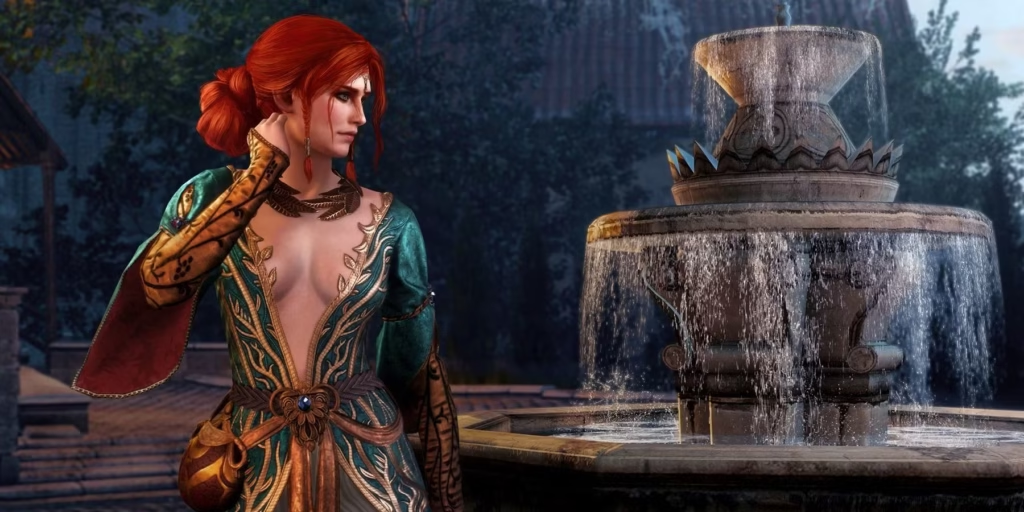
Triss Merigold, one of the most powerful sorceresses in the North, decides to lead mages through rat-infested tunnels out of Novigrad, instead of simply teleporting them to safety. In fact, even teleportation is not required, because no one is going to suspect if the mages just leave the city individually covering themselves with a cloak or something. What’s funnier is that even after Menge’s death, the Witch hunters are shown to be aggressively hunting them in this quest.
The entire sequence only exists to make players feel sympathy for her, considering her actions in the past games, and to build up a tearful goodbye scene. It is emotional, yes, and the game succeeds in making us love Triss. But it is also the most glaring of all Witcher 3 plotholes. When magic rules are ignored for drama, logic gets buried deeper than those Novigrad sewers.
Even with all these Witcher 3 plot inconsistencies, the game remains a storytelling masterpiece. If you are a die hard Witcher fan, don’t get offended – these plot inconsistencies doesn’t mean that the game is not a masterpiece in any way.
